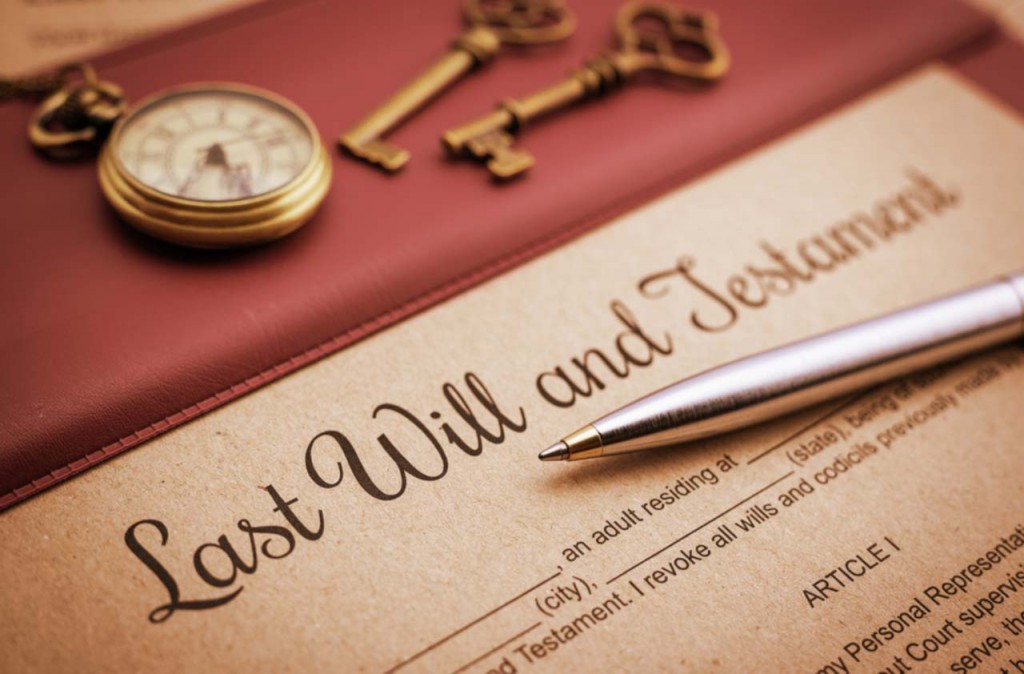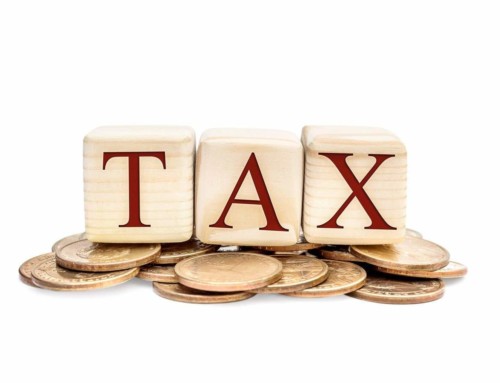When thinking about a Last Will and Testament, what comes to mind? Some might say, “It is my wishes at my untimely death”.
These wishes are not always carried out as per your instruction. Here are a few examples of when your wishes are not carried out accordingly:
- Not revoking of previous Will;
- Liquidity shortage;
- Bequeath more than you actually own;
- Failing to mention what should happen with the residue of your estate
The above is just a few issues which can arise. We felt it prudent to touch on 9 aspects, which you as testator/ testatrix should bear in mind when drafting your Will:
- Assets – a good starting point will be to write down a list of all assets owned. Whether owned independently or with someone – it is crucial to know as this will have an impact at your death. The approximate value as well as the outstanding debt, is helpful for the executor. It is important that your loved ones know where the certificates and Title Deed of any properties are as we have seen in practice that when missing or lost, it can be very time-consuming and expensive to replace after your death.
- Beneficiaries – These are the people, charity or organisation you wish to benefit from your Will. In practice, the residue of an estate (after all debts, funeral and testamentary expenses as well as taxes) is usually shared amongst your beneficiaries. It is crucial that you nominate beneficiaries in your Will, because if not indicated, the Executor will deal with estate as if you passed away intestate (without a Will).
- Guardianship of children – When a new-born is added to the family, it is vital that you consult your advisor to amend your Will. This is seen as a change in circumstances. By nominating a guardian, you and your partner are safeguarding your children’s future, should you die simultaneously. This person should be someone you trust.
When choosing a suitable guardian, it is important that you consider the following:
- Similarities with your lifestyle, values and religious beliefs – whether theirs fits closely to yours
- who your child has a bond with already (usually a family relative)
- whether the nominee already has children or is planning on having children
- the transition, in terms of location and lifestyle – who can support the child physically, financially and mentally
- Appointing of Executor – The Executor is the person appointed by you in terms of your Will who deals with your wishes as outlined in your Will. At death, the Executor becomes responsible for managing your estate. The role of an Executor should not be considered lightly. A family member who is nominated may feel honoured but might not have the time or qualifications to fulfil this role.
In some instances, there may be no one suitable for the role or there is the risk of family conflicts arising at death. Nominating a neutral person such as a State Executor or Independent Executor will give you the peace of mind you require.
- Cherished Items – it is important to make a list of your belongings timeously, even if small in value – they may still have a sentimental, personal or emotional value. This is usually seen in instances where parents, grandparents or great grandparents wish to leave their children or grandchildren specific gift items such as jewellery or other family heirlooms. When added to your Will, the Master of the High Court might ask for valuation certificates. This could be avoided by creating a Wishlist, which is kept with your Will.
- Funeral instructions – when amending or drafting a Will, it is a time to consider your preferred funeral arrangements. It is important that this is documented within your Will so that the executor and family and friends close to you, are aware of your wishes. Have you considered already if you would prefer a burial or if you want to be cremated?
- Bequests to charities – do you intend on making a bequest to a charity? If so, decide which specific charity or charities you would like to benefit at your death. In addition to this, it will be wise to contact the charity you wish to benefit prior to your Will being signed or amended. This ensures you are comfortable with your decision and that you get clarity that you are indeed benefiting the correct charitable organisation
- Accountant/ financial planner details – it is important to ensure the correct and up to date details are included somewhere for the attention of your executor. This makes things easier for the executor dealing with the estate, as he/she will need to obtain the necessary financial details required when dealing with the investments/policies within the estate
- Managing complex circumstances – life is not always what we see in the movies – picture perfect! There are always complexities in family affairs, businesses you own, or regarding your financial circumstances – it is important to note that your Will can be tailored to accommodate these special requests. The best way approaching this aspect, is seeking professional advice. In doing this, you are ensuring your wishes are documented correctly.
We know that this list is not comprehensive but hope that it has highlighted some of the important aspects when making amendments to your Will or when drafting a new Will. Seek expert advice today and get in touch!
Team Ternary






